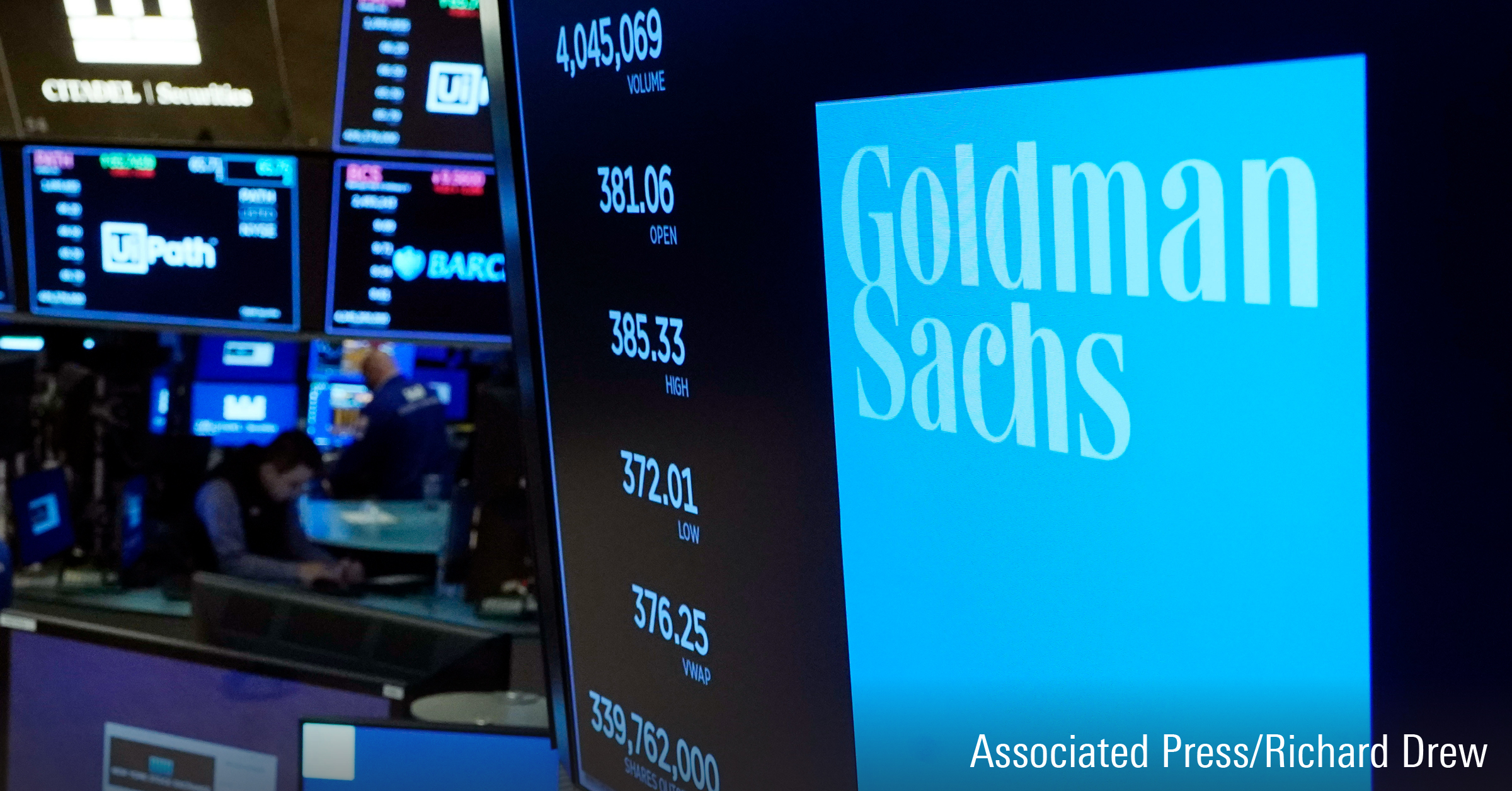Goldman Sachs Earnings: Removing Distractions for Potentially Strong Leverage to Market Recovery
The firm is back to being primarily an investment bank and investment manager that can benefit from a recovery in capital markets

Key Morningstar Metrics for Goldman Sachs
- Fair Value Estimate: $368.00
- Morningstar Rating: 4 stars
- Morningstar Economic Moat Rating: Narrow
- Morningstar Uncertainty Rating: Medium
What We Thought of Goldman Sachs’ Earnings
Goldman Sachs GS continues to execute its plan of refocusing on its investment banking, trading, and investment management businesses as it divests more of its consumer-facing operations. The company reported net income to common shareholders of $1.88 billion, or $5.47 per diluted share, on $11.82 billion of net revenue in the third quarter.
Most of the firm’s revenue lines have been stuck in a range for the previous 1.5 years, with third-quarter revenue in the global banking and markets segment, asset and wealth segment, and total net revenue within about 5% of the quarterly average since the second quarter of 2022. Excluding some arguably unusual items, such as losses on principal investments and expenses related to business divestitures, adjusted earnings per share would have been about $7.88 and annualized return on equity would have been 10.2% for the quarter. We don’t anticipate making a significant change to our $368.00 fair value estimate. We assess the shares as slightly undervalued.
Over the previous several months, Goldman Sachs has announced the sale of GreenSky and Personal Financial Management. These prior acquisitions were part of an initiative to diversify the company’s business toward consumer finance and mass affluent wealth management. We agree with management that this initiative was worth a try and that not all initiatives should be expected to succeed.
Goldman Sachs hasn’t given up on all of the newer initiatives. It still has credit cards with Apple and General Motors, online deposit gathering, and transaction banking. Overall, with the reduction of some of these distractions and their drag on earnings, Goldman Sachs is back to being primarily an investment bank and investment manager that can greatly benefit from a recovery in capital markets. The company still has some work to do to achieve consistent mid-teens returns on equity, especially with recently proposed bank capital regulations.
Goldman Sachs Stock Price
The author or authors do not own shares in any securities mentioned in this article. Find out about Morningstar’s editorial policies.

/s3.amazonaws.com/arc-authors/morningstar/75bbf764-3b6f-4f5a-8675-8f9488c74c04.jpg)
/cloudfront-us-east-1.images.arcpublishing.com/morningstar/CFV2L6HSW5DHTFGCNEH2GCH42U.jpg)
/cloudfront-us-east-1.images.arcpublishing.com/morningstar/7AHOQA64TFEQDMYMIMM6VUHYLY.png)
/cloudfront-us-east-1.images.arcpublishing.com/morningstar/JA7LQ2INFNFTZFBJLSDUZGIPJQ.png)
:quality(80)/s3.amazonaws.com/arc-authors/morningstar/75bbf764-3b6f-4f5a-8675-8f9488c74c04.jpg)